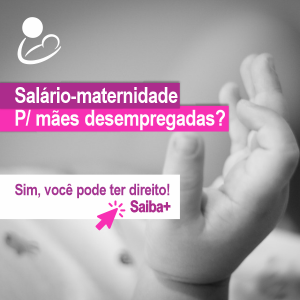The first twelve months of life are packed with dramatic growth and change. In just one year, your baby transforms from a totally dependent newborn into an explorer who sits, crawls, babbles, and begins to walk. This journey is remarkable — and understanding it can help you support your baby’s development with confidence.
Why the first year matters
During these months, the brain builds neural connections at a stunning rate. Each small experience — a smile, a roll, a babble — becomes a building block for what comes next. The earlier you provide a loving, safe, stimulating environment, the better the foundation.
Developmental phases from birth to one year
0 – 2 months
In these early weeks, your baby is adapting to the world outside the womb. They respond mostly through reflexes — feeding, sucking, crying to communicate discomfort. Vision is blurry but they start to fixate on faces roughly 20‑30 cm away. Tip: talk, sing and make eye contact to strengthen bonding and sensory development.
2 – 4 months
Muscle control improves: your baby begins to lift and hold their head when on their tummy, track moving objects, and may produce coos and even early smiles. Offer toys within reach and allow supervised tummy‑time to support motor and visual skills.
4 – 6 months
This is a major growth window: rolling over, sitting with support, grabbing objects, exploring their hands and feet. Stimulate movement and sensory exploration: colorful toys, safe surfaces, gentle encouragement.
6 – 9 months
Now your baby is more mobile: sitting without help, possibly crawling or scooting, transferring objects between hands, showing stronger will and curiosity. They also begin to understand object permanence (“out of sight” doesn’t mean “gone”). Keep the environment safe and let their curiosity roam under supervision.
9 – 12 months
By the end of the first year, many babies pull to stand, cruise along furniture, maybe take first steps. They babble words like “mama” and “dada”, understand simple instructions, clap, wave goodbye. Support this stage by encouraging walking, using clear language, and engaging in play that invites movement and communication.
How you can help your baby thrive
- Provide plenty of affection and interaction — responsive, nurturing care boosts confidence and brain development.
- Offer supervised tummy‑time from early on to strengthen neck, back, core.
- Encourage movement — allow safe space and time for your baby to roll, sit, crawl, stand.
- Talk, sing and read aloud — language exposure supports cognition and social development.
- Make the environment safe — as mobility increases, remove hazards, secure furniture, keep small objects out of reach.
- Respect your baby’s pace — each baby develops in their own time. Use the milestones as guides not as strict deadlines.
Final thoughts
The first year of your baby’s life is a whirlwind of change, discovery and growth. By supporting each step — from lifting their head to taking those first independent steps — you’re helping your baby build a strong foundation for physical, emotional, and cognitive health. Enjoy the journey, stay observant, and cherish each milestone.






